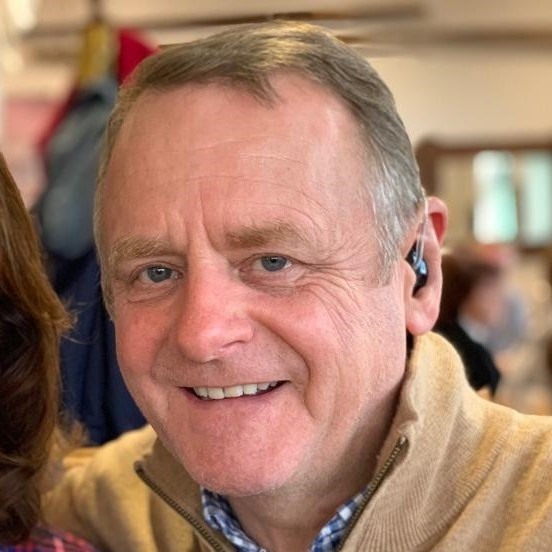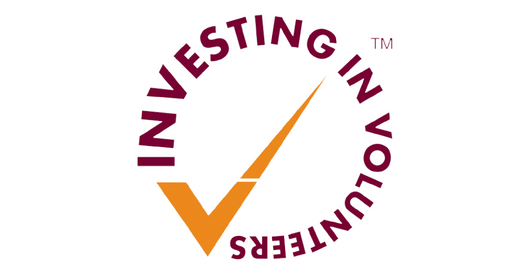Help us share information on deafness, hearing loss and tinnitus.
Here’s what our community volunteers do and the requirements we ask for.
- Where
- Across the North of England with a particular focus on North Yorkshire, South Yorkshire, Northumberland, the North East and Manchester. Face-to-face activities usually take place at a community centre or meeting house where community groups meet. Online presentations are home-based.
- When
-
Depending on your availability. This is an ongoing role.
Usually weekdays, typical commitment of 3 hours per month
Please note you need to be over 16 for this role
What you’ll be doing
Our community volunteers usually:
- volunteer at multiple locations
- don’t have a fixed time commitment.
- help us on an ad-hoc, flexible basis
They do 4 main activities to help us make life fully inclusive for deaf people and people with hearing aids and tinnitus.
You don’t have to do all 4 of these activities – you can pick the activities you find most interesting and match your skills and experience.
Main activities
Our volunteers help deaf people and those with hearing loss and tinnitus find information about:
- getting used to hearing aids and getting the most out of them
- using technology and assistive devices
- applying for benefits
- finding employment
- finding support with employment
- and many other important topics.
This might be information from RNID or information from other or organisations or charities, such as:
- NHS
- Citizen’s Advice
- Tinnitus UK.
You’ll be given full training so you know what information to give to people and what other organisations or resources might be helpful.
Our community volunteers represent RNID at events held in different locations across the UK. These might include open days, audiology events or volunteer fairs.
They act as ambassadors for RNID and speak to deaf people and people with hearing loss and tinnitus to give them information about our services. They also host information stands to help people find information.
Our volunteers give presentations and talks to share information. These might be in-person or held remotely online.
Our volunteers do important work to help us find people who can support our services and people who can donate money to help us fund our services.
If you’re interested in helping us find supporters and donors, we’ll give you full training so you feel confident and prepared.

Read our Q&A with a community volunteer
Requirements
We have a legal duty to make sure that all volunteers working either in person and/ or online with children and adults at risk on a regular basis are suitable.
In addition to requesting references, we’ll carry out appropriate pre-volunteering checks in-line with regulations such as Disclosure and Barring Service (DBS) checks in England and Wales, and equivalents in Northern Ireland and Scotland.
You may need to be able to travel by car or public transport to different places. We’ll reimburse your expenses, according to the RNID Travel and Subsistence Policy.
Training and support
You’ll receive a full induction and training so you feel prepared and confident before your first session. You’ll also get our volunteering handbook and volunteering policies to refer to.
You’ll be assigned a supervisor who will provide ongoing support and we’ll also introduce you to our community of volunteers.
Read more about training, supervision and support
Our commitment to safeguarding
At RNID, we take very seriously our responsibilities for the safety and welfare of the people who use our services, our volunteers, staff and the organisation as a whole.
All applicants successful at interview will be asked to disclose unspent convictions under the terms of the Rehabilitation of Offenders Act 1974 (as amended in 2013).
Criminal records will be taken into account only when the conviction is relevant and declaring a conviction will not necessarily prevent you from being considered for a role. Any decisions will depend on the type of offence and its relevance to the volunteering role that you are applying for at RNID.
Find out more and apply
- [email protected]
Once you apply, our Volunteer team will review your application and someone will contact you within five working days to talk about next steps.
Investing in Volunteers
We achieved the Investing in Volunteers quality mark in 2023 for the work we do with volunteers across the UK.
